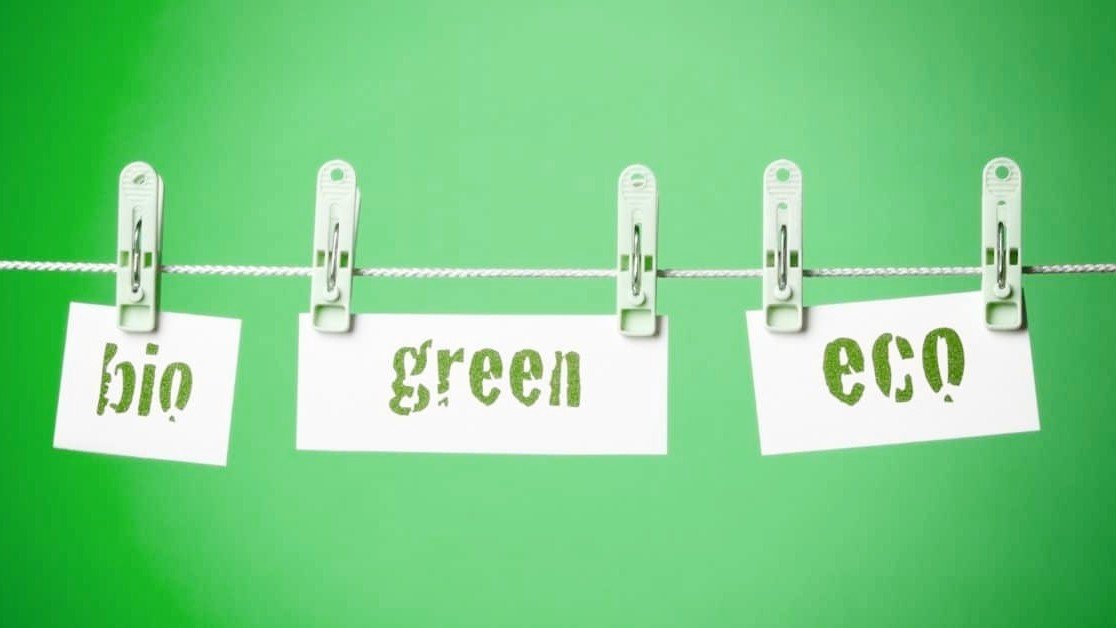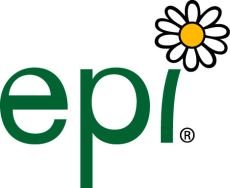What Is Greenwashing?

Many companies want to be seen as eco-friendly to appeal to more customers, but this doesn’t necessarily mean that they are environmentally friendly. Eco-focused brands are only a little more trustworthy.
Their greenwashing marketing campaign involves a lot of buzzwords like “save the Earth”, “eco-friendly”, and “green product”, but when their ingredients or company is looked at further none of these claims hold up.
As an environmentally aware customer, it isn’t fair that you have to do all of the work to verify whether a product is actually eco-friendly or not.
So, I’ve put a list of greenwashing terms to watch out for to help you navigate these claims and avoid the worst of them.
How to spot greenwashing
There are a lot of claims companies can make without anyone regulating those terms. By using these terms, companies can greenwash by claiming to be environmentally friendly, because the average consumer is usually unaware of the definition of the term or how it is misused.
The most common is “biodegradable”.
Biodegradable
Anything can be biodegradable because everything eventually breaks down into its component parts. The amount of time it takes doesn’t matter as long as it breaks down. This means even plastic is biodegradable, even if it takes tens, hundreds, or thousands of years to degrade.
As I say in my article on the difference between compostable and biodegradable: Something compostable is always biodegradable, but something biodegradable isn’t always compostable.
Oxo-degradable
If anything you’re buying is marked “oxo-degradable” – run the other way.
This term is used for products that are supposedly degradable in the air, which sounds perfect. Instead, oxo-degradable products use an additive to imitate biodegradation. This breaks up the material into small parts and creates thousands or more microplastics.
EPI technology

You will typically see “EPI” on the packaging of oxo-degradable products. EPI technology is the chemical used for oxo-degradable products, and it usually looks like an eco-friendly logo, such as EPI Global’s daisy logo.
EPI Global claims that the bioplastics industry is using misinformation against oxo-degradable products, in 2019 the European Union voted to ban oxo-degradable products.
More research needs to be done on the environmental impact of EPI technology, but either way, using chemicals to speed up degradation isn’t environmentally friendly.
Why greenwashing is a problem
Greenwashing pollutes the eco-friendly market with products that are harmful to the environment. These companies trick people into buying products that aren’t environmentally friendly and siphon off support of genuine green products to make their money.
GFK says that 78% of Americans claim that it is important for companies to be “environmentally responsible”, while 60% of Europeans proactively try to buy brands focusing on sustainability.
With this in mind, why wouldn’t companies try to reach out to all customers possible by making changes to their wording and marketing? As said best by Earth911: “some companies respond to that information with, ‘Let’s don’t and say we did.'”

